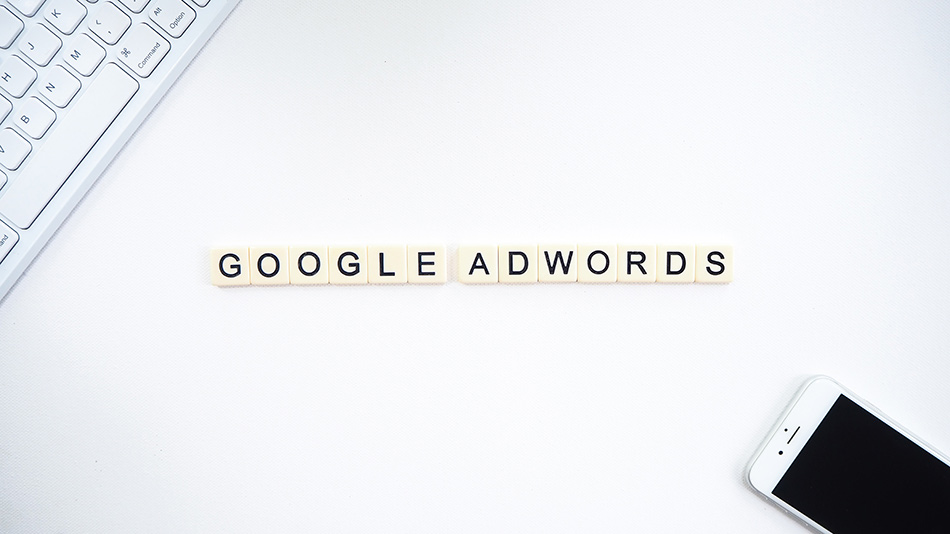
If your Google Ads have suddenly vanished, or if they aren’t showing up at all, this can be incredibly concerning. After all, paid media management is an important part of any good marketing campaign. Below, you can learn the three most common reasons why your Google Ads are broken as well as some steps you can take to fix it.
#1 – Your Bid is Too High or Low
Getting a Google Ad to go live involves a few different steps, especially when it comes to money. First, you have to bid on individual keywords with what is known as a CPC (cost per click) bid. Simply put, you determine which keywords you want to associate with your ad. If you’re a bakery, you might choose “buy local muffins”, for example. Then, if a user types “buy local muffins” into the search bar, sees your ad, and then clicks your ad, you will pay Google the amount you bid on that particular keyword (or phrase in this example).
Aside from your CPC keyword bids, you’ll also need to tell Google how much you’re willing to spend each day on your ads by setting a daily budget. If your ads are no longer showing up, then it’s possible that your CPC bid was too high. What’s happening is that as people click your ad, you’re getting closer and closer to your daily budget. When you reach that budget, your ad is no longer live until the next day. On the other hand, if you bid too low, Google may not associate your ad with that particular keyword.
#2 – Your Ad was Removed or Wasn’t Approved
If you’re positive that your bid was not the problem, the next thing to check is whether or not your ads were removed. Perhaps it’s possible that you accidentally removed an ad group from your account, or perhaps Google has not approved them. It’s important that you take the tie to review Google’s policies as they relate to ads very carefully and make sure they apply to every single ad you create. Otherwise, Google simply will not publish them. Sometimes marketers find that they have accidentally paused their ads or ad groups. Fixing this is as simple as changing the status of the ad or the group from paused to active.
#3 – Conflicts Between Negative and Active Keywords
When you create a Google Ad, you’ll be given the opportunity to bid on active keywords – the keywords that will trigger your ad – as well as negative keywords, which are specific keywords that you do not want to relate to your ad in any way. To put this into perspective, assume your bakery is in a town called Green Tree, and you name your business Green Tree Bakery. You might choose to add “Green Tree Park” as a negative keyword so that when people use that phrase, they won’t accidentally click your company’s ad, and you won’t find yourself paying for completely irrelevant clicks.
The trouble comes when the negative keywords you use counteract your active ones. If you’re bidding on a phrase match of “Green Tree Bakery” but you choose “Green Tree” as a broad negative keyword, that broad negative will override the phrase match and you won’t see your ads at all. Be very careful when selecting your negative keywords to make sure this doesn’t happen.
Inappropriate bids, incorrect activity settings, and conflicts between negative and active keywords are three of the most common problems that break Google Ads across the internet. Be sure that you take the time to check for each of these issues before you place your bid so that you can get the most out of every ad campaign.


